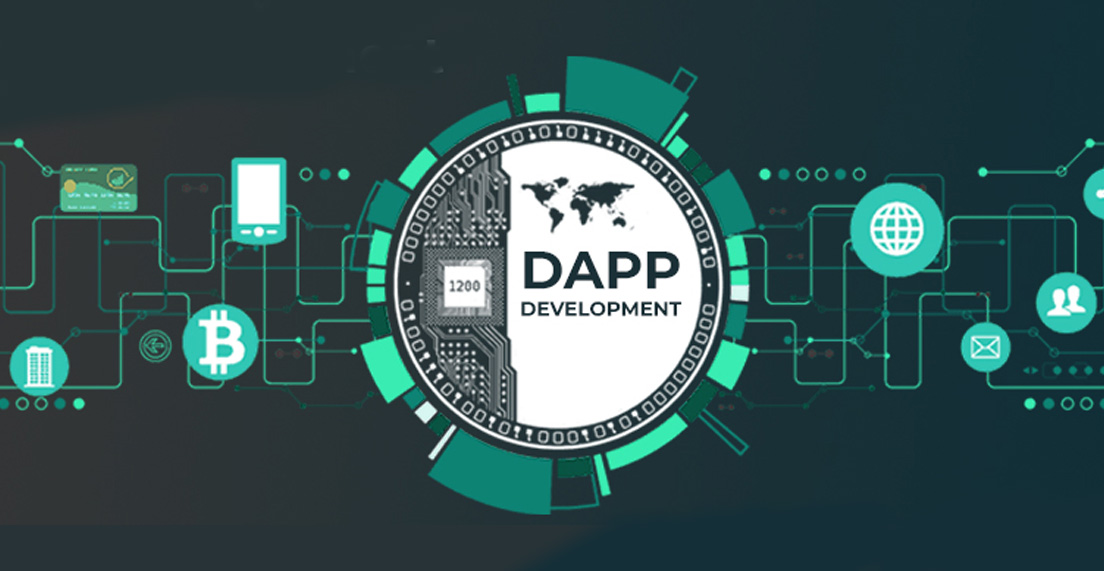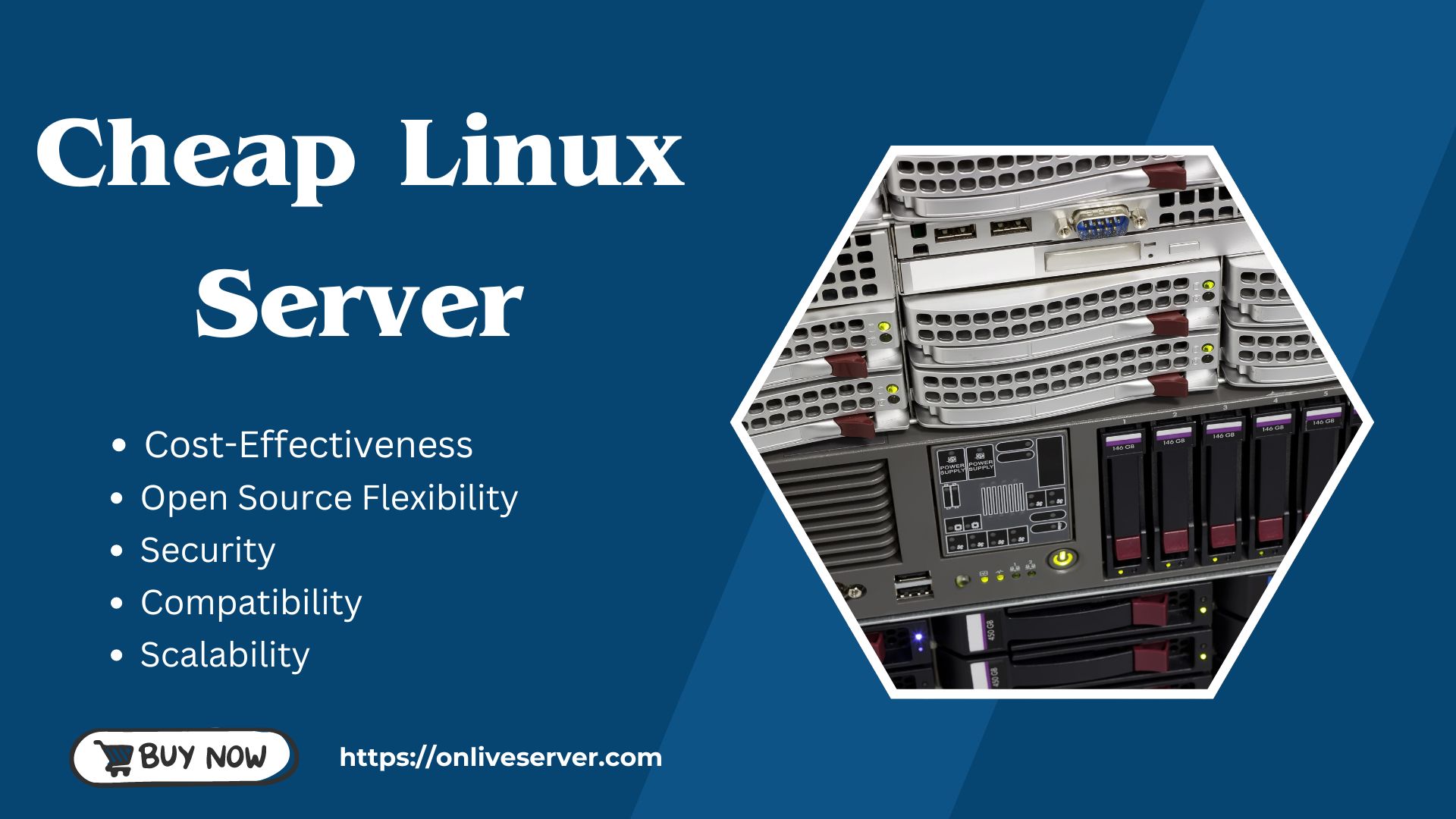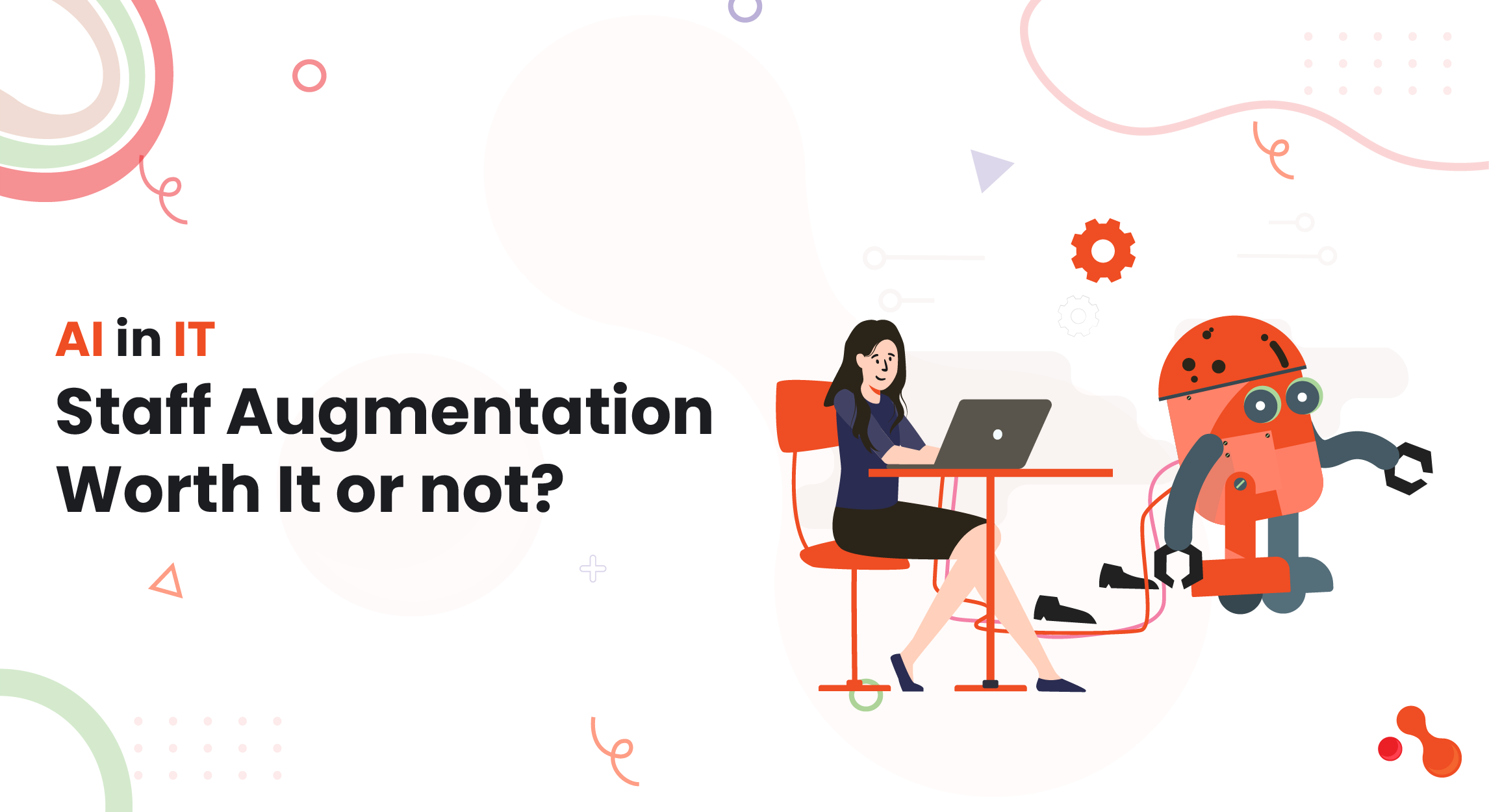In today’s rapidly evolving digital landscape, enterprises are constantly seeking innovative solutions to enhance their operations, security, and transparency. Decentralized applications, or dApps, have emerged as a transformative technology that promises to revolutionize how businesses operate. Unlike traditional applications, dApps leverage blockchain technology to offer unparalleled security, transparency, and efficiency. This blog explores the potential of dApp development services for enterprises, highlighting their benefits, use cases, implementation steps, challenges, and future trends.
Understanding dApp Development
What are dApps?
Decentralized applications (dApps) are software applications that run on a decentralized network, typically a blockchain. Unlike traditional applications that rely on centralized servers, dApps operate on a peer-to-peer network, providing enhanced security, transparency, and resistance to censorship.
Key Features of dApps:
Decentralization: Operate on a decentralized network, reducing the risk of single points of failure.
Transparency: All transactions are recorded on a public ledger, ensuring transparency and trust.
Security: Enhanced security through cryptographic algorithms and consensus mechanisms.
Immutability: Once data is recorded on the blockchain, it cannot be altered or deleted.
Comparison Between Traditional Apps and dApps:
Traditional applications rely on centralized servers and databases, making them vulnerable to hacking, data breaches, and downtime. In contrast, dApps leverage blockchain’s decentralized nature to offer greater security, transparency, and reliability.
Benefits of dApp Development Services for Enterprises
Enhanced Security:
dApps provide robust security by leveraging blockchain’s cryptographic features and consensus mechanisms. This makes it nearly impossible for malicious actors to alter or tamper with data, protecting sensitive business information and transactions.
Improved Transparency:
The transparency of blockchain ensures that all transactions are recorded on a public ledger, accessible to all participants. This fosters trust among stakeholders and enhances accountability in business processes.
Cost Efficiency:
By eliminating intermediaries and automating processes through smart contracts, dApps can significantly reduce transaction costs and operational expenses. This cost efficiency is particularly beneficial for industries with complex supply chains and financial transactions.
Increased Scalability:
dApps can be designed to scale with the growing needs of an enterprise. Blockchain platforms like Ethereum and Hyperledger offer solutions that can handle increasing transaction volumes without compromising performance.
Key Use Cases of dApp Development in Enterprises
Supply Chain Management:
dApps can revolutionize supply chain management by providing real-time tracking and tracing of products. This ensures transparency, reduces fraud, and enhances efficiency in the supply chain.
Financial Services:
In the financial sector, dApps streamline transactions, reduce fraud, and enhance transparency. They enable secure, peer-to-peer transactions without the need for intermediaries, reducing costs and improving efficiency.
Healthcare:
dApps offer secure and transparent management of patient data, ensuring privacy and compliance with regulations like HIPAA. They enable secure sharing of medical records among healthcare providers, improving patient care.
Real Estate:
In real estate, dApps simplify property transactions and ownership records. Smart contracts automate processes like property transfers, reducing paperwork and increasing efficiency.
Governance:
dApps enhance governance systems by providing secure and transparent voting mechanisms. This ensures fair and tamper-proof elections, improving trust in the governance process.
Steps to Implement dApp Development in Your Enterprise
Assessing Business Needs:
Identify areas where dApps can add value to your enterprise. Evaluate current processes and determine how dApps can enhance security, transparency, and efficiency.
Choosing the Right Blockchain Platform:
Select a blockchain platform that aligns with your business needs. Popular options include Ethereum for its smart contract capabilities and Hyperledger for its enterprise-focused features.
Designing and Developing the dApp:
Collaborate with experienced developers to design and develop your dApp. Consider key aspects such as user experience, security, and scalability during the development process.
Testing and Deployment:
Thoroughly test the dApp to ensure it functions as intended and is secure. Once testing is complete, deploy the dApp on the chosen blockchain platform.
Maintenance and Upgrades:
Regularly maintain and update the dApp to ensure it remains secure and performs optimally. Address any issues promptly and implement upgrades to enhance functionality.
Challenges in dApp Development for Enterprises
Technical Complexity:
Developing and managing dApps requires specialized skills and knowledge. Enterprises may face a learning curve in adopting this technology.
Regulatory Compliance:
Navigating regulatory requirements can be challenging. Ensure that your dApp complies with relevant laws and regulations to avoid legal issues.
Integration with Existing Systems:
Integrating dApps with legacy systems can be complex. Plan for seamless integration to ensure smooth operations.
User Adoption:
Encouraging stakeholders to embrace new technology can be challenging. Provide training and support to facilitate user adoption.
Future Trends in dApp Development for Enterprises
Evolution of Blockchain Technology:
Blockchain technology is continually evolving, with new trends and innovations emerging. Stay updated on these developments to leverage the latest advancements in dApp development.
Interoperability:
Interoperability between different blockchain networks is becoming increasingly important. This allows for seamless communication and data exchange between various blockchain platforms.
Smart Contracts:
Smart contracts are becoming more sophisticated, enabling advanced use cases and automation. Explore how smart contracts can enhance your business processes.
Increased Adoption:
The adoption of dApps is expected to grow as more enterprises recognize their potential. Stay ahead of the curve by exploring how dApps can benefit your business.
Case Studies: Successful dApp Implementations in Enterprises
Example 1: Supply Chain Management
A leading logistics company implemented a dApp to track and trace products in real-time. This enhanced transparency, reduced fraud, and improved efficiency in their supply chain operations.
Example 2: Financial Services
A financial institution adopted dApp technology to streamline transactions and reduce costs. This improved transaction speed, reduced fraud, and enhanced customer satisfaction.
Example 3: Healthcare
A healthcare provider implemented a dApp to securely manage patient data. This ensured compliance with regulations, enhanced data privacy, and improved patient care.
Conclusion
Decentralized applications (dApps) offer immense potential for enhancing enterprise operations, security, and transparency. By leveraging blockchain development services, businesses can unlock new opportunities, reduce costs, and stay ahead of the competition. As blockchain technology continues to evolve, the adoption of dApps is expected to increase, making it crucial for enterprises to explore and invest in this transformative technology.


